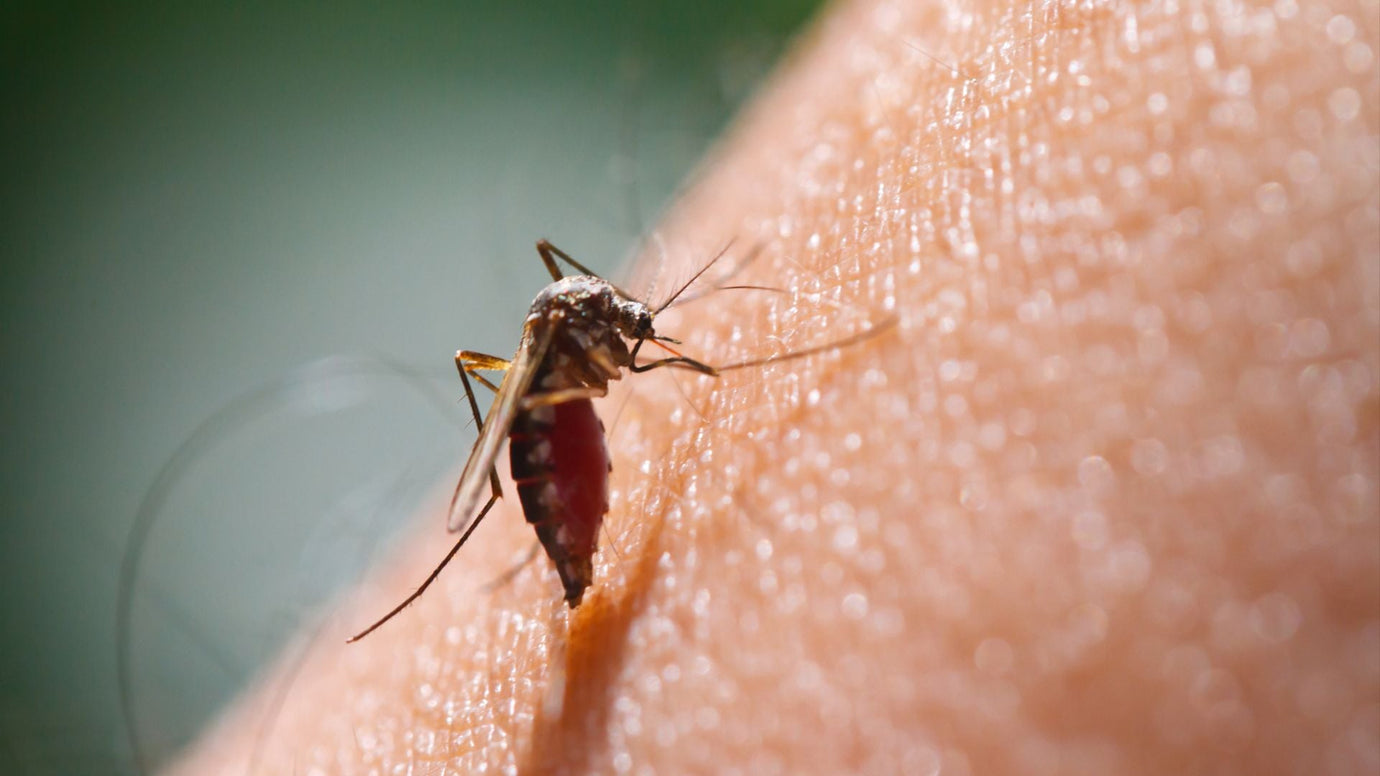The summer is one of the prime seasons for mosquito activity, and also when mosquito bites become more frequent. Understanding their life cycle and behavior will prepare you for better mosquito control, and keep them away from your home and family for good.
Egg Stage
If you have standing water in your backyard or your home, mosquitoes will breed. They lay their eggs in or near water, which is the ideal environment for their eggs and larvae to develop. Mosquito eggs are usually laid in clusters, and float on the surface of water.
To prevent this, remove any standing water in your garden or backyard. This will significantly reduce mosquito populations and ensure they have nowhere to lay their eggs.
Larva Stage
Once mosquito eggs are laid, they will then hatch into larvae, which are also known as wigglers. Mosquito larvae live and grow in water in this stage, feeding on microorganisms and organic matter, They breathe through tubes called siphons, and must come to the water’s surface for air.
You can eliminate mosquito larvae by removing water and dead plants or weed from your yard. For an even more effective solution, consider using a mosquito misting system.
Pupa Stage
Mosquito larvae will eventually transform into pupae, which is a significant physical change in their life cycle. They become more mobile in this stage and usually do not need to feed, which makes insecticides less effective.
It is best to wait until they transition into adult mosquitoes, before using insecticides or repellents for more effective control.
Adult Stage
Once they are fully developed, mosquitoes will emerge from the pupal case as their bodies harden. Female mosquitoes are the culprits of bites, as they need blood meals to help develop their eggs. They also spread diseases including dengue fever and malaria.
To keep mosquito populations in check, consider combining a number of control tactics such as using mosquito repellents or insecticides, installing screens or nets to protect your outdoor space, and even encouraging the presence of natural predators like lady bugs, dragonflies, and birds that feed on insects.
With better understanding of the mosquito life cycle and taking relevant measures, you can significantly reduce the health risks and problems associated with mosquitoes.



